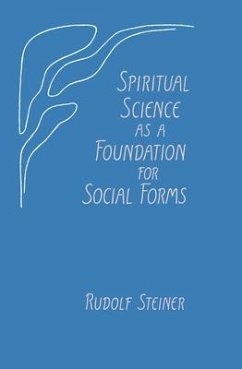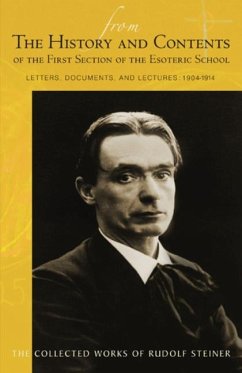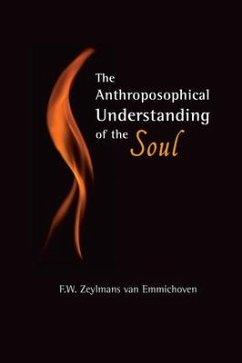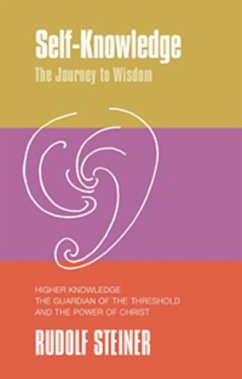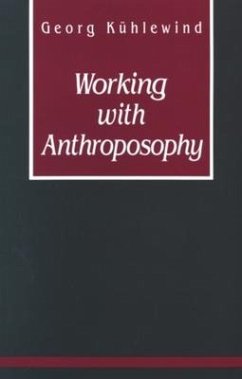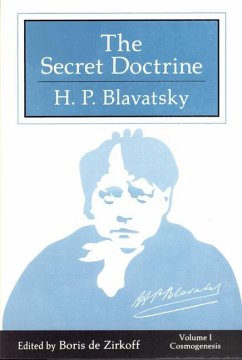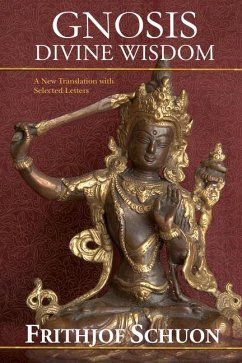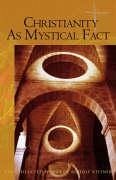
Christianity as Mystical Fact
And the Mysteries of Antiquity (Cw 8) Volume 8
Übersetzer: Welburn, Andrew J
Versandkostenfrei!
Versandfertig in über 4 Wochen
18,99 €
inkl. MwSt.
Weitere Ausgaben:

PAYBACK Punkte
9 °P sammeln!
In the fall and winter of 1901-02, Rudolf Steiner gave a series of lectures in the library of Count and Countess Brockdorff, patrons of the German Theosophical Society. These lectures were then rewritten and issued in book form in the summer of 1902. They mark a watershed in the development of Western esotericism. This is a fundamental book, both in Steiner's own development and in the development of Western esotericism and the Christ event. Here readers will find the evolutionary development from the ancient Mysteries through the great Greek philosophers to the events portrayed in the Gospels...
In the fall and winter of 1901-02, Rudolf Steiner gave a series of lectures in the library of Count and Countess Brockdorff, patrons of the German Theosophical Society. These lectures were then rewritten and issued in book form in the summer of 1902. They mark a watershed in the development of Western esotericism. This is a fundamental book, both in Steiner's own development and in the development of Western esotericism and the Christ event. Here readers will find the evolutionary development from the ancient Mysteries through the great Greek philosophers to the events portrayed in the Gospels. From the Classics in Anthroposophy Series.




